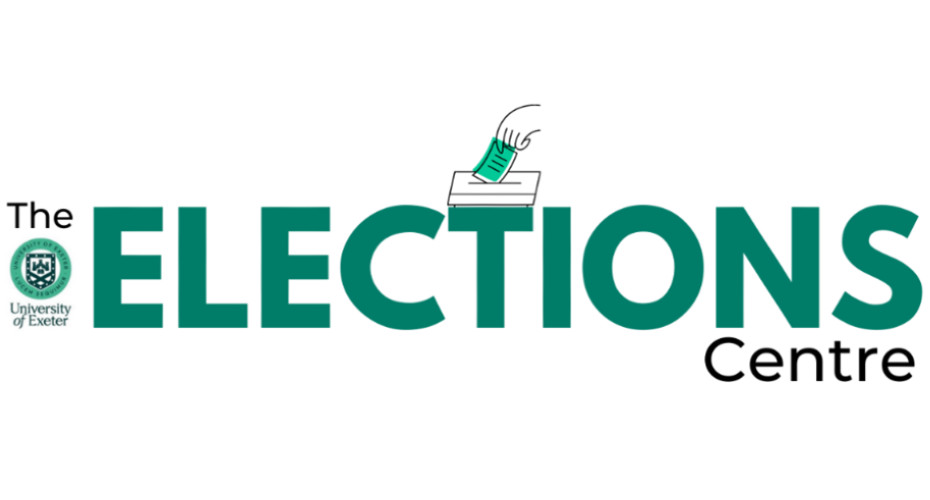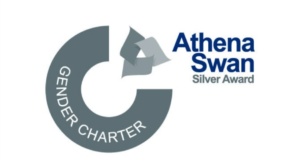World’s leading political experts gather in Exeter to discuss seismic world events

The profound changes in the electoral landscape means future gains will be achieved on smaller margins, according to analysis by Hannah Bunting and Michael Thrasher
The world’s leading politics experts have gathered in Exeter to discuss the seismic electoral shifts happening around the world.
Research into topics as varied as the impact of visits to factories and football grounds during the election trail, the link between dating and politics and the rise, fall and return of right-wing populism in Wales will be presented at the Elections, Public Opinion and Parties 2025 conference at the University of Exeter this week.
The USA election will be a key topic at the conference, with research presented on the rural-urban geographies of the Trump heartland and how anger, fear and joy affected social media during the campaign.
EPOP, which takes place between September 4 and 6, brings together scholars from across the UK and beyond. The community meets each year and comprises academics, government researchers and practitioners. They share cutting-edge political science research, helping to understand the contemporary challenges and shape the research agenda of the future.
During the conference participants will celebrate the work of the Elections Centre to mark its 40th birthday. It was established in 1985 by Professors Rallings and Thrasher at the University of Plymouth and is now based at the University of Exeter where Dr Hannah Bunting is Co-director.
Dr Bunting said: “Researchers at the conference are working to tackle some of the most pressing and fascinating questions in contemporary politics. This event showcases the depth, diversity, and dynamism of research into elections, public opinion and political parties.”
In one of the conference plenary sessions, Professor Thomas Prosser, from Cardiff University and Professor Helen Berry and Dr Eve Worth, from the University of Exeter, will discuss the evolution of social justice and social mobility from 1600 to the present day.
In another event Lord Mark Pack and a series of expert academics and practitioners will discuss methodological developments for the study of elections and voting, the challenges in opinion polling, and the growing reluctance of certain groups to participate in research.
Attendees include BBC elections expert Professor Sir John Curtice; Dr Patrick English, Director of Political Research at YouGov; President of the British Polling Council, Professor Jane Green, and leader of the Kings Institute for Women’s Leadership, Professor Rosie Campbell.
Academics will discuss their research into populism and authoritarianism in Europe and beyond, the impact of radical right politicians in parliaments and on democracy and whether polling underestimates support for right wing parties. They will also present their research on the impact of AI and politics and regulating this new technology.
Experts will debate if independent regulation of MPs’ pay and expenses leads to more trust and how snap elections lead to voters being more uncertain about who to choose.
Another topic on the agenda will be the impact of the introduction of voter ID and allowing 16-year-olds to vote, aligning with the government’s strategy for electoral reform. Presenters will further show whether there is a growing gender divide in intergenerational differences in attitudes towards democracy and the link between youth volunteering and political participation.
Academics will showcase their work on the impact of social media on politics in the UK, the way the news media covered the 2024 US Presidential Election and whether local news has had an impact on council election turnout in recent years.
Other research will consider the link between where people live and their attitudes towards immigration in the UK, and the link between age and support for the monarchy.
Data will be presented on whether independent regulation of MP’s pay and expenses improves political trust, the impact of religion on voting and perceptions among the public of politicians with mental health problems.
Also on the agenda is research on the effect of higher education on political attitudes, the impact of learning foreign languages on Euroscepticism and euroscepticism and support for right-wing populist parties among young Europeans.
Professor Robert Lamb, Head of Department for the Social and Political Sciences, Philosophy and Anthropology at the University of Exeter, welcomed delegates: “The breadth of topics makes the EPOP conference such a vital space for collaboration, discussion, and inspiration. Whether you’re presenting new research, engaging with others’ ideas, or here to make connections, I hope you find the conference both intellectually stimulating and warmly collegial.”



